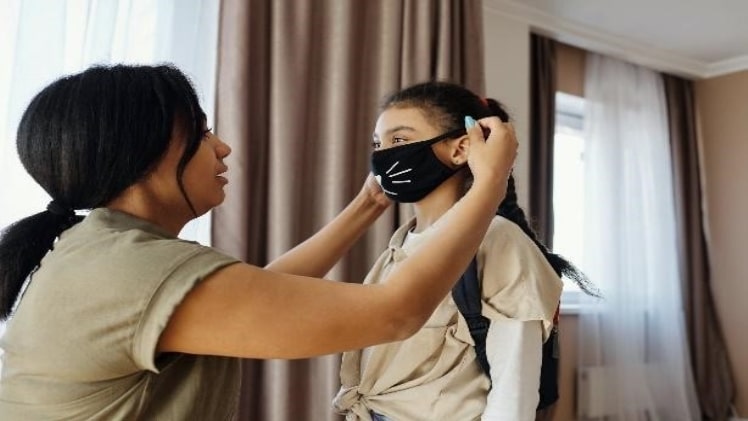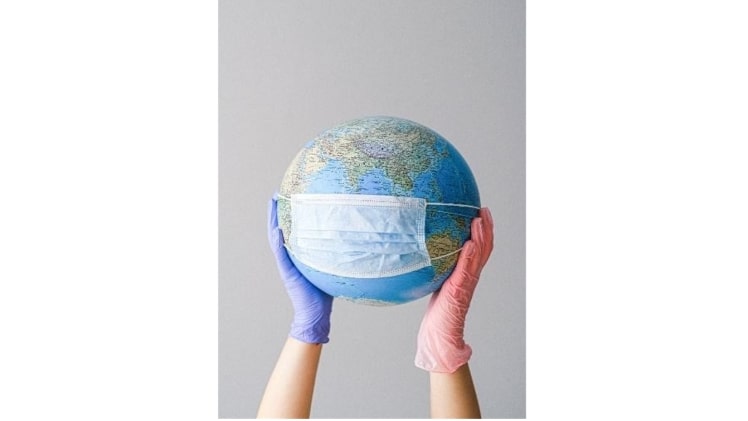In its third year as an active threat to public health, COVID-19 is once again tearing through the country. With thousands of new infections – and deaths – each day, it’s become clear that the novel coronavirus should not be taken lightly. Although protecting yourself is particularly important during this time, there are still a number of ways you can assist your community and contribute to the overall betterment of public health. Anyone looking to act as a force for good amidst the Omicron surge should consider the following methods.
Get Involved with Charity
Although all of us have been adversely impacted by the pandemic, this has been a particularly hard time for the less fortunate. Additionally, problems that existed well before the pandemic – like stagnant wages and rising cost of living – have only gotten worse in the wake of COVID-19. Furthermore, a fair number of Americans have found themselves facing furloughs, layoffs and reduced work hours as a result of the pandemic. As such, if you’re in any position to make things easier for the less fortunate during this difficult period, take care to do so.
No matter where you’re based, finding clothing and/or food drives shouldn’t prove difficult. Golden State residents looking to help people affected by food anxiety should consider getting involved with Central California Food Bank.
Volunteer at a Community Clinic
If you have medical experience, look into volunteering at community clinics or popup clinics that are administering vaccines. Depending on your level of experience, your role may range from educating people on vaccine efficacy to administering shots. Keep in mind that not all clinics are accepting volunteers, so before going in, make a point of calling ahead and getting confirmation.
Safely Show Support to Local Businesses
Given Omicron’s high level of contagiousness, visiting crowded public spaces is a risky venture at the present time. However, this doesn’t mean there aren’t other ways to support your favorite local businesses. For example, if any of your favorite stores are offering online shopping and/or contactless pickup options, make sure to take advantage of them. Similarly, while dining at your favorite restaurants may be off the table, you can still order takeout and enjoy meals from your preferred eateries from the comfort and safety of home. Additionally, if any of your usual haunts are accepting donations and you’re in a position to give, consider floating them a few bucks.
Get Vaccinated and Stay Current with Booster Shots
If you don’t suffer from a medical condition that prohibits you from getting vaccinated, you have no excuse to be walking around unvaccinated. Not only does such behavior place the health of you and your loved ones at risk, it’s also a hindrance to public health as a whole. After all, it only takes one person to set multiple infection clusters into motion. In other words, refusing to get vaccinated doesn’t just stand to hurt you – but your community, as well.
In addition to getting vaccinated, you’ll need to stay current with vaccine boosters. Presently, adults who received the Moderna vaccine and people aged 12 and up who received the Pfizer-BioNTech vaccine may receive booster shots at least five months after their initial vaccination series. Additionally, adults who received the Johnson & Johnson’s Janssen vaccine may receive boosters at least two months after their initial shot.
Notably, the CDC now strongly recommends the mRNA vaccines – i.e., the Moderna and Pfizer-BioNTech ones – over the Johnson & Johnson’s Janssen vax in most cases. So, even if you initially received the J&J’s J vax, you can get one of the mRNA vaccines as your booster. Furthermore, if you suffer from compromised immunity and an appropriate amount of time has passed since your first booster, you may be eligible to receive a second booster shot. If your compromised immunity stems from a disability, now would be a good time to look into long term disability insurance.

As a direct result of the COVID-19 pandemic, many of us have made major changes to our usual routines over the last two years. Although most of these changes have been made in the interest of keeping ourselves safe, we mustn’t forget that protecting our own safety is only one part of protecting public health as a whole. So, while the health and well-being of you and your loved ones should come first, you should make an effort to help your community whenever possible – provided, of course, you’re in a position to do so.

